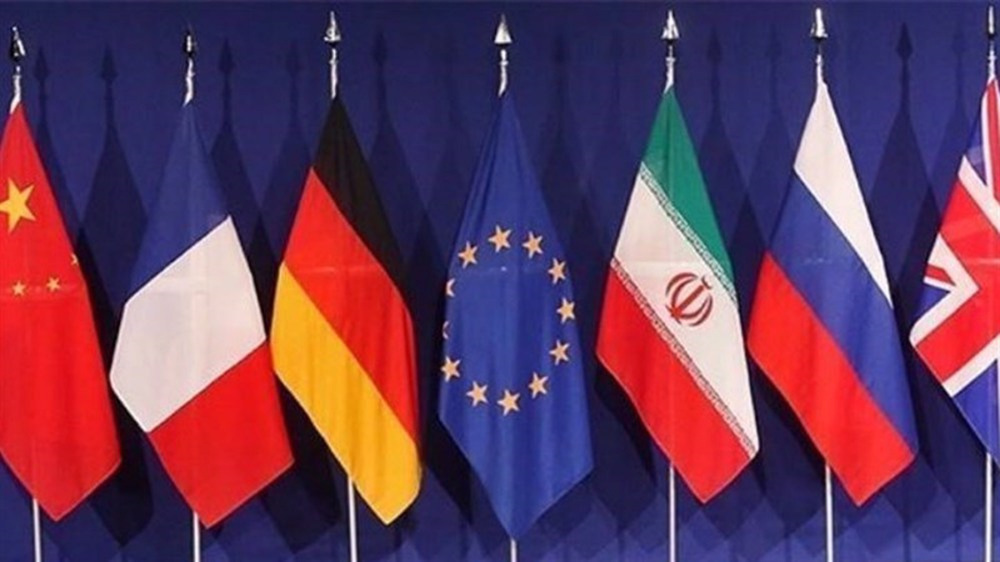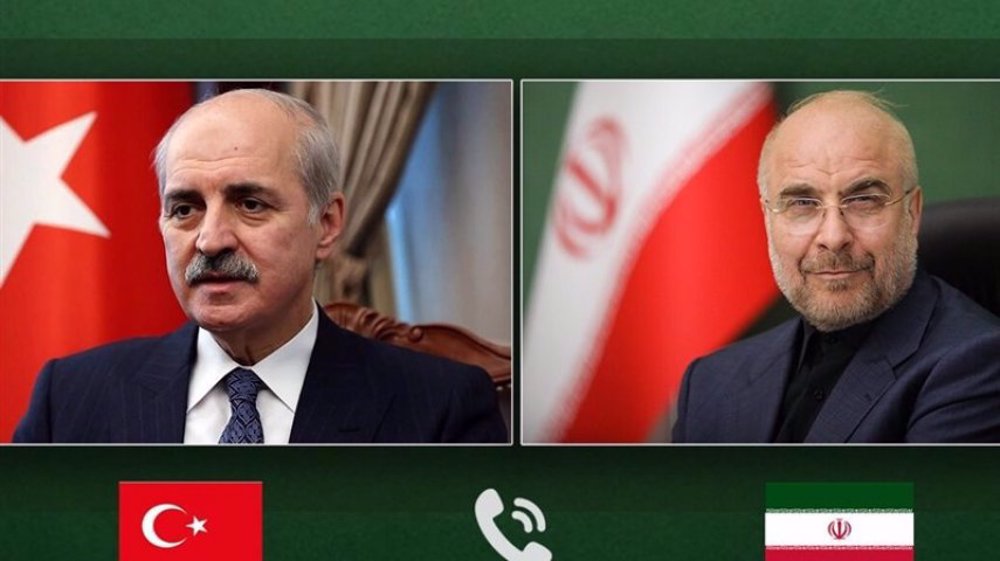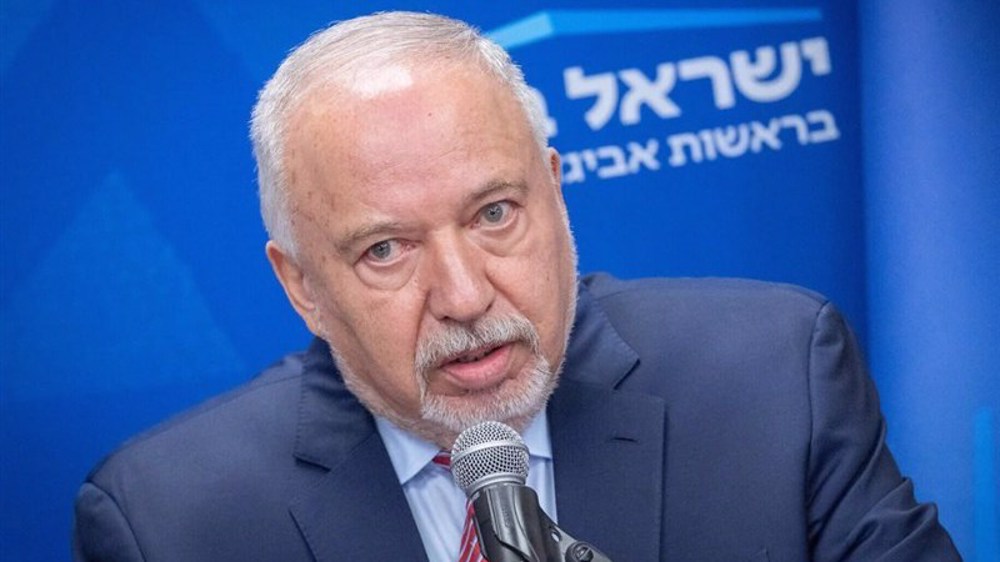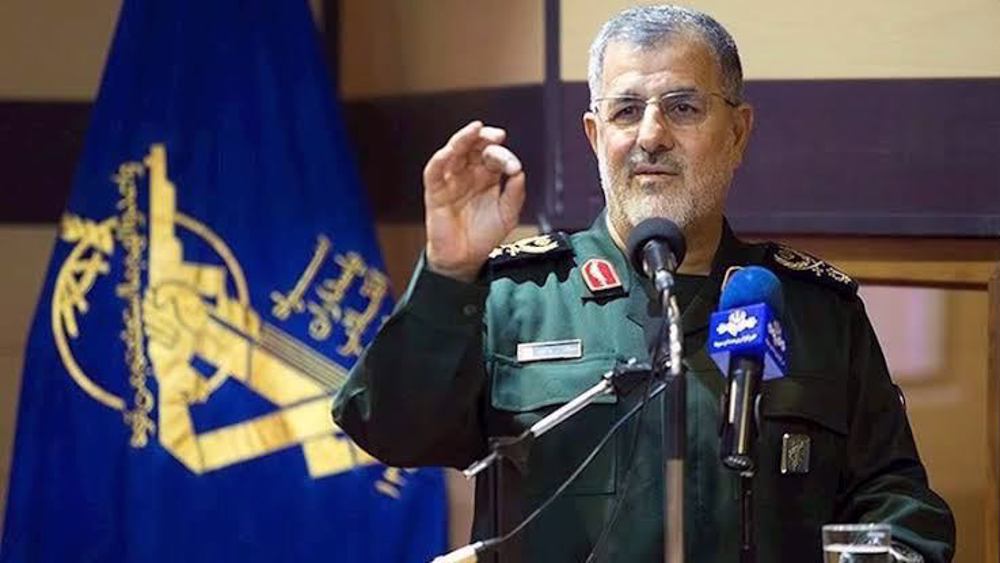JCPOA signatories bent on maintaining nuclear accord: Iranian envoy
Iran’s ambassador to Moscow says the remaining signatories to the 2015 nuclear agreement between Iran and world powers are determined to preserve the accord, adding that the US’ attempts at destroying the deal have not produced the exact result sought by Washington.
“The countries remaining in the JCPOA are determined to resolve the crisis that surrounds the agreement and preserve the deal,” Kazem Jalali told Russia’s Interfax news agency on Thursday.
He was referring by the abbreviation for the Joint Comprehensive Plan of Action, the official name of the nuclear agreement that was concluded between the Islamic Republic and the P5+1 group in Vienna in 2015, which at that time included the US, Britain, France, Russia, and China plus Germany.
Although, incremental illegal pressure by the United States has had a counterproductive effect on the agreement’s implementation, the parties to the deal are currently trying to eliminate the existing predicament facing the JCPOA, Jalali said, adding “One has to [wait and] see” how future developments will unfold.
In May 2018, US President Donald Trump unilaterally pulled his country out of the deal and later re-imposed the sanctions that had been lifted against Tehran under the agreement. The US’ intransigence flew in the face of the fact that the accord has been ratified by the United Nations Security Council in the form of its Resolution 2231.
“Over the past five years, the JCPOA has been dealt many blows by the United States, but [the situation] did not proceed as Washington had expected, and the agreement still exists,” said the Iranian envoy.
Jalali acknowledged that the US’ moves together with subsequent lack of commitment to the deal on the part of the UK, France, and Germany has made some Iranians wonder if the deal has been beneficial for the Islamic Republic at all.
Nevertheless, “It seems like if Russia, China, and Europe choose to resist the US’ future pressures and meet Iran’s interests, the current downward trend can be reversed,” he stated.
Separately, the ambassador addressed what the US and its closest regional ally, Israel, have specified as “concerns” about, what they call, ongoing development of a “nuclear bomb” by Iran.
He roundly refuted such allegations, citing a the fatwa (religious decree) issued by Leader of the Islamic Revolution Ayatollah Seyyed Ali Khamenei that has strictly forbidden either development or deployment of such unconventional weapons.
There is no place on the Islamic Republic’s agenda for such prohibited activity, Jalali concluded, reminding that the International Atomic Energy Agency (IAEA)’s recurrent inspections of Iran’s nuclear facilities have verified the fact.
Washington and Tel Aviv have recently reinforced their propaganda campaign aimed at accusing Iran of failing to commit to non-diversion in its nuclear program.
The Israeli regime has asked the IAEA to inspect two sites that it claims are related to Iran’s nuclear work, citing alleged intelligence gleaned by the regime’s spy agency. Iran, however, has strictly refused access to the alleged locations, saying the United Nations watchdog should abide by its mandate that forbids it from being swayed by any spy service.
The Islamic Republic also recurrently reminds the international nuclear agency that while it pays heed to the American and Israeli allegations, it has failed to find anything wrong with the US’ outright violations of the JCPOA. Neither does the IAEA ever find any fault with Israel’s non-membership in the Nuclear Non-Proliferation Treaty (NPT) or inspect its widely reported massive arsenal of nuclear warheads, Tehran notes.
VIDEO | Press TV's news headlines
VIDEO | The reckless US
Qalibaf: Recent unrest a 'complementary link' in 12-day war against Iran
Ex-Israeli war minister: Iranian missiles inflicted heavy losses
Trump launches 'Board of Peace' seen as bid to control Gaza
Senior general vows swift response to any aggression on Iran
US federal immigration agents detain 5-year-old boy in Minnesota
Trump used presidency to pocket $1.4 billion in first year back in office: Report











 This makes it easy to access the Press TV website
This makes it easy to access the Press TV website